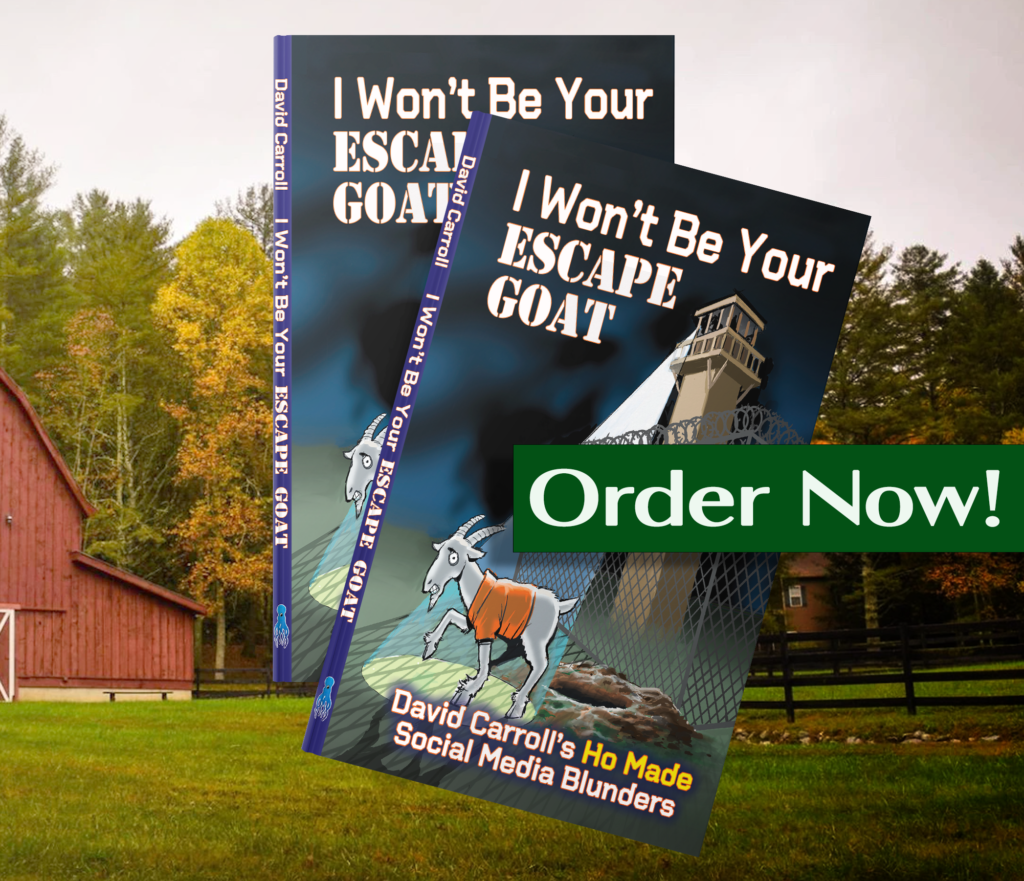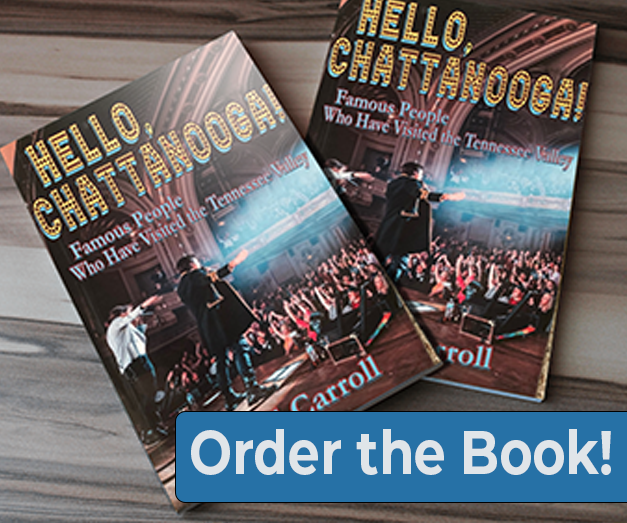Those of us who grew up in the south watching TV in the “baby boomer era” surely remember these names: Jackie and Tojo.
Jackie Fargo was one of our first TV superstars. Yes, we had cowboys, but they were on film and lived far away. That’s why we tuned in “Live Wrestling” on Saturday afternoons, because we wanted to see Jackie tangling with the evil Tojo Yamamoto.
Early in his career, Jackie started out as a “heel,” a bad guy. By the 1960s, Jackie had seen the light, and turned into a good guy with a hint of mischief. His usual opponents appeared to be Japanese or German, and we were happy to see Jackie cheat a little to beat them, as payback for World War II.
Tojo was a scowling, scheming presence. Nice-guy Jackie would be in the middle of a friendly interview with the TV host when Tojo would wage a sneak attack with a wooden shoe. Jackie, caught by surprise, would wipe away blood (or something that looked like it) and vow revenge. The host would set up a grudge match between the two, but not for TV. This match was so big, it would have to be staged in front of 5,000 screaming fans at the local auditorium, all of whom would cough up five bucks to see it.
Jackie was a star in cities like Chattanooga, Knoxville, Nashville, Atlanta and Birmingham. His fans will always remember his charismatic personality and “The Fargo Strut,” his signature stride after defeating a rival. It was often imitated by adoring 10-year-olds.
As I got older, my big-city friends revealed a shocking secret. After the matches, they told me, Jackie, Tojo, and the other wrestlers would all go out to eat at the same restaurant. “Don’t be silly,” I would reply. “They hate each other!” No, they would assure me, these guys understood their roles, and how to keep from seriously injuring each other. They traveled together, they roomed together, and they ate together. This solved a mystery to me, of how wrestlers could seemingly beat the daylights out of each other every night, while boxers like Muhammad Ali would take several months between matches. I had not been able to understand why boxers got so much attention, when they were in the ring only three or four times a year.
Still, the passion the wrestlers inspired was fierce, and their athleticism was real. Jackie and his fellow wrestlers inspired countless kids to roll around on the playground pinning each other in our own little wrestling matches.
It wasn’t just for kids. Grown-up fans were just as passionate. After years of trying, I finally talked my dad into taking me to one of the auditorium wrestling events. He had dismissed wrestling as phony for years. But as I later reminded him, on that particular night he was standing on his chair yelling just like everyone else.
There was a mild-mannered preacher I knew during my youth who barely spoke above a whisper. But while visiting his house one Saturday, I learned that if you blocked his view of the TV while wrestling was on, he used some words you wouldn’t say on Sunday.
I am often reminded of America’s longtime love for “rasslin” while observing the current political scene. During certain candidate rallies, supporters show up with painted faces, wearing colorful outfits, and spewing profanities to anyone within earshot.
At last month’s debate debacle, much of the before and after news coverage echoed the language of the wrestling promoters I grew up watching. “Will Biden score a knockout?” “It’s a winner take all battle for the White House!” “Trump had Biden on the ropes!”
During the debate itself, the two old fighters eventually threw out the rule book, ignoring actual issues so they could insult each other’s golf game.
The wrestling fever has spread to Capitol Hill, where some female members of the House of Representatives went at each other over “fake eyelashes” and a “bleach blonde bad built butch body.”
This is what we’ve come to. Our founding fathers wanted good government. But in 2024, we just want a good wrestling match.


